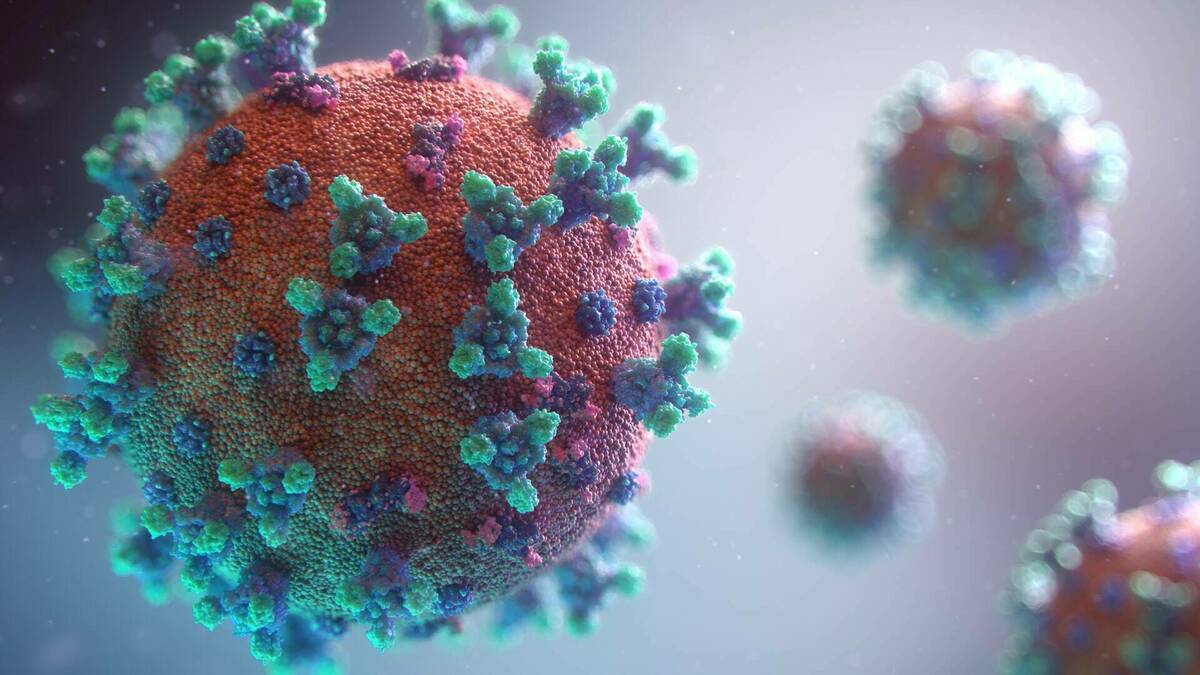By now, most Catholics are well-aware of the statements from the Congregation for the Doctrine of the Faith and the USCCB that state that all the current COVID vaccines are morally permissible, but not obligatory. From these documents has arisen a dichotomy of emphasis: the care for the common good versus conscience protection. A number of Catholic institutions, dioceses, and media outlets have emphasized conscience protection at the expense of the common good. It is important to emphasize that there is no magisterial teaching that prohibits the use of these vaccines. No one can claim a “Catholic” religious exemption; it does not exist. One can only appeal to individual conscience as a reason to reject vaccination.
The preeminence of conscience is a fundamental teaching of the Church: “A human being must always obey the certain judgment of his conscience” (CCC 1800). Yet, “Conscience can remain in ignorance or make erroneous judgments. Such ignorance and errors are not always free of guilt” (CCC 1801). If someone is going to reject vaccination on the grounds of conscience protection, he or she has a duty to properly form their conscience and that includes a proper understanding of the relationship between COVID vaccines and the common good.
A number of facts must be considered before going any further. While some groups attempt to refute these facts, their arguments carry little or no scientific merit and can be dismissed for the most part:
Fact 1: COVID vaccines are highly effective in preventing hospitalizations and death.
Fact 2: COVID vaccines are safe with very rare documented serious side effects.
Fact 3: The vast majority of current COVID hospitalizations and deaths are in unvaccinated individuals.
Many who claim conscience protection trumps the common good assert that as long as they do their part to avoid spreading the disease (social distancing, wearing a mask, etc.) they have fulfilled their duty to the common good and therefore can reject vaccination. Even more, recent evidence has shown that while the vaccines are highly effective in preventing serious disease, they may not be as effective in preventing transmission of COVID, so the moral imperative to protect others by getting vaccinated is eroded. In a nutshell, the argument goes, “I object to COVID vaccination as a matter of personal conscience. Being vaccinated does not necessarily prevent me from spreading COVID, so why should I bother? I’m willing to take the chance of getting COVID.”
The error in this line of thinking reflects a lack of understanding of the impact of COVID in our communities. Care for the common good goes beyond the avoidance of spreading COVID. Care for the common good demands the realization that my willingness to take the chance of becoming seriously ill with COVID has ramifications that go far beyond my own personal health. If I refuse vaccination, become seriously sick, and end up in the hospital, my decision has potentially caused others to needlessly suffer.
During the first wave of COVID, vaccinations were not available. Hospitals in many areas became overwhelmed and patient care was allocated based on the probability of survival. This is the basis of “Crisis Standards of Care.” When the need for resources exceeds availability, patients are triaged based on the fundamental principle of doing the most good for the greatest number of people. Similar to battlefield decisions, physicians use “Crisis Standards of Care” to decide who receives a ventilator, who is transferred to another hospital to receive a higher level of care, and who is allowed to die.
The situation is entirely different with the recent second major wave of infections with the Delta variant. By now, vaccinations are widely available yet many hospitals are once again overwhelmed and forced into crisis care. It is no coincidence that hospitals situated in areas with low vaccination rates are the hospitals being overwhelmed. It is a fact that the vast majority of hospitalized COVID patients are not vaccinated. It is a fact that the vast majority of these hospitalizations could have been avoided. It is a fact that other patients suffered as a result.
The consequences created by the unvaccinated are experienced in several ways. Throughout the United States, hospitals face a critical shortage of health care professionals, particularly nurses. Even if a hospital has the equipment, it may not have the staff. Once again, physicians are faced with heart-wrenching dilemmas. These triage decisions affect not only COVID patients but others critically ill for different reasons. The need for transfer to a higher level of care is not specific to COVID. A patient in urgent need of a coronary bypass is just as deserving of care as a COVID patient needing a ventilator. A small, rural critical access hospital does not have the resources to care for many critically ill patients, yet these facilities are unable to transfer patients to tertiary centers because these larger hospitals do not have the staff or other resources to accept the transfer. Dying patients are stranded on desert islands of health care, and their doctors are left to do the best that they can and fend for themselves.
Because hospitals are overflowing with patients, the unvaccinated have created other types of unnecessary suffering. Surgical procedures that are not lifesaving are being postponed. Only the sickest of the sick are in the hospital. If you are suffering from chronic pain and in need of a surgical procedure to relieve that pain, you go to the back of the line. In my practice as a neurosurgeon, I have patients whose surgeries have been repetitively delayed. They are forced to live with their pain for months because there are not enough hospital beds and staff to take care of them after their operation.
In 2005, the Pontifical Academy for Life addressed the issue of vaccines derived from fetal cell lines and this document was used as the basis for the current statement by the CDF. In this document is a footnote that many have overlooked that addresses the moral responsibility assumed by someone who refuses vaccination. If a pregnant mother is exposed to rubella, severe fetal malformations can result. Like the COVID vaccine, the rubella vaccine is associated with cell lines derived from an aborted fetus, and like the COVID vaccine, the rubella vaccine is morally permissible because of the grave danger posed by the disease. “In this case the parents who did not accept the vaccination of their own children become responsible for the malformations in question, and for the subsequent abortion of the fetuses, when they have been discovered to be malformed."
In other words, if a parent refuses to have their child vaccinated and their child passes rubella to a developing baby, the parents bear the moral responsibility for the injury done to the baby and are also morally responsible if that baby is aborted. This same logic can be applied to the COVID vaccine: if you refuse to receive a vaccine that is morally permissible, you are morally culpable for the downstream effects of your decision. Care for the common good demands the realization that my willingness to take the chance of becoming seriously ill with COVID has ramifications that go far beyond my own personal health.


